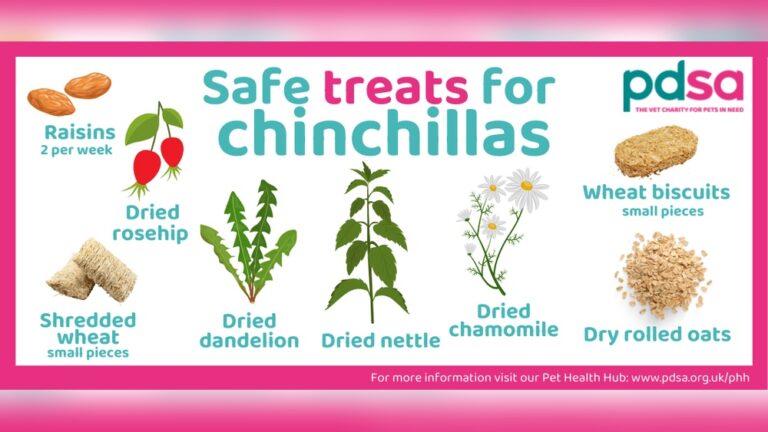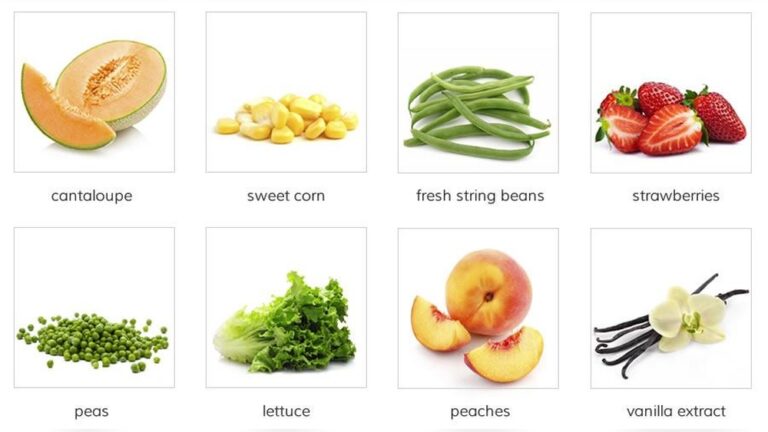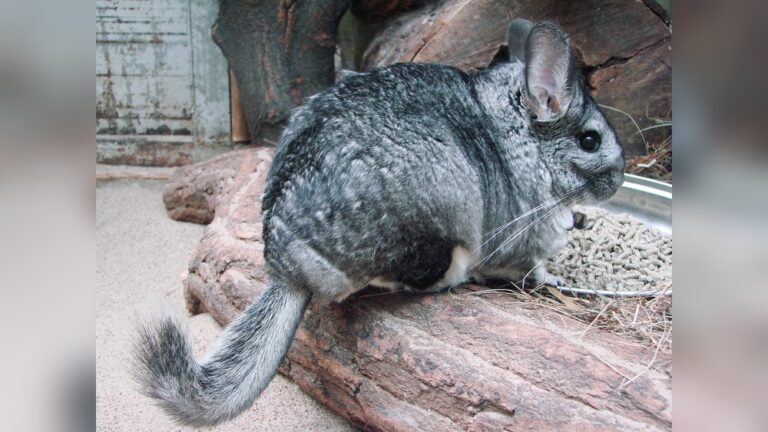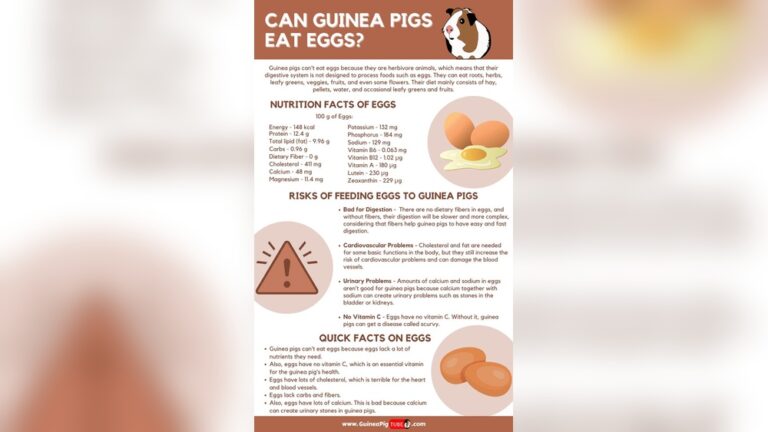Prevent Rodents From Eating Garden: Effective Tips That Work
Are you tired of finding your hard-grown garden plants nibbled away by unwanted visitors? Rodents can quickly turn your beautiful garden into a mess, ruining your efforts and wasting your time.
But what if you could stop them before they even get a chance to feast? You’ll discover simple and effective ways to protect your garden from these persistent pests. Keep reading to learn how to keep your plants safe and enjoy a thriving, rodent-free garden all season long.
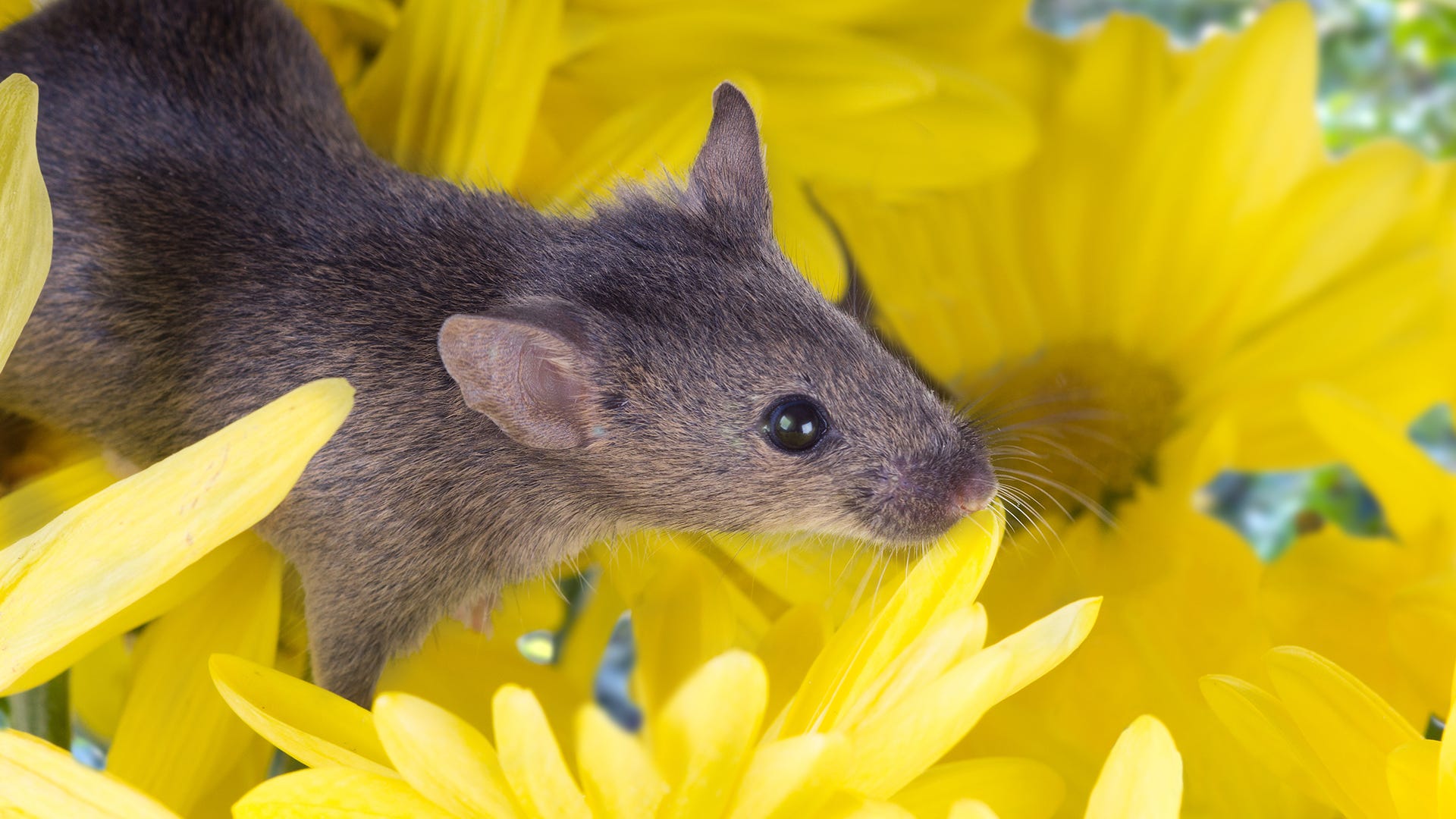
Credit: www.woodstreambrands.ca
Identify Rodent Types
Knowing which rodents visit your garden helps you stop them. Different rodents cause different problems. Some eat plants, others dig tunnels or chew wood. Identifying the type guides your prevention methods. Spot the signs early to protect your garden.
Common Garden Rodents
Rats and mice are the most common garden pests. They eat fruits, vegetables, and seeds. Voles dig small tunnels near roots. They can kill plants by eating roots and stems. Squirrels steal nuts and fruits but usually do less harm to plants. Each rodent type has unique habits and diets.
Signs Of Rodent Activity
Look for small holes or tunnels in soil. Droppings near plants signal rodents are present. Chewed leaves, stems, or fruits show feeding damage. Tracks in soft soil or mud reveal movement paths. Nests made from grass or leaves may hide nearby. Early signs help stop rodent damage fast.
Secure Garden Boundaries
Securing your garden boundaries is a key step to keep rodents away. A strong boundary creates a clear barrier that rodents cannot cross. It stops them from entering and damaging plants and vegetables. Setting up proper boundaries protects your garden and helps maintain healthy growth.
Physical barriers and fencing are common methods to secure garden edges. These techniques are simple and effective. They reduce the risk of rodents sneaking in through small gaps or weak spots.
Installing Physical Barriers
Physical barriers block rodents from digging under or climbing over. Use materials like wood, bricks, or concrete to build low walls. Ensure barriers go deep into the soil, about 12 inches, to stop burrowing rodents. Check for holes or cracks regularly and fix them fast. A sturdy barrier forces rodents to find other places, away from your garden.
Using Mesh And Fencing
Mesh and fencing act as a strong shield around your garden. Use metal mesh with small holes, about 1/4 inch or less. This size stops even small rodents from entering. Attach mesh firmly to posts and bury it a few inches deep. Wire fencing adds extra height to prevent jumping. Keep the fence tight and check for gaps. Proper mesh and fencing make your garden a tough place for rodents.
Natural Repellents
Natural repellents offer a safe way to keep rodents away from your garden. They use plants and smells that rodents dislike. These methods protect plants without harming animals or the environment.
Herbs And Plants That Deter Rodents
Certain herbs and plants can help keep rodents at bay. Mint is one of the best options. Its strong smell confuses rodents and keeps them away.
Other effective plants include lavender, rosemary, and garlic. Plant them around your garden’s edges. Their scents create a natural barrier rodents avoid.
Marigolds also work well. They repel rodents and attract helpful insects. Using these plants reduces the need for chemicals.
Essential Oils And Homemade Sprays
Essential oils provide a powerful scent rodents dislike. Peppermint oil is popular for this use. Mix a few drops with water and spray around your garden.
You can also combine oils like eucalyptus and citronella. This blend creates a strong rodent repellent spray. Apply it to areas where rodents enter your garden.
Homemade sprays are easy and cheap to make. Use natural ingredients to protect your plants safely. Repeat spraying every few days for best results.

Credit: www.youtube.com
Maintain Cleanliness
Maintaining cleanliness in your garden is key to keeping rodents away. Rodents find food and shelter in untidy spaces. Clean gardens offer less attraction for these pests. Simple habits can make a big difference. Focus on removing food sources and managing waste properly. These steps reduce rodent visits and protect your plants.
Removing Food Sources
Rodents search for easy food in gardens. Fallen fruits, seeds, and pet food attract them. Pick up dropped fruits and vegetables regularly. Store birdseed and pet food in sealed containers. Avoid leaving food scraps outside. Clean up spilled birdseed under feeders. Clear away weeds and overripe plants that rodents like. Less food means fewer rodents.
Proper Waste Management
Trash piles invite rodents to your garden. Use bins with tight-fitting lids. Empty garbage bins often to prevent odor buildup. Compost piles should be sealed or covered. Avoid adding meat or dairy to compost. Keep garden debris away from house walls. A clean area reduces rodent hiding spots. Proper waste care keeps your garden rodent-free.
Trap And Remove Rodents
Trapping and removing rodents is a practical way to protect your garden. It helps stop damage to plants and keeps your space clean. Using traps avoids chemicals that might harm other animals or plants. This method lets you control rodents safely and effectively.
Types Of Traps
Snap traps kill rodents quickly. They are cheap and easy to use. Place them along walls or near burrows for best results.
Live traps catch rodents without hurting them. These traps let you release the animals far from your garden. They need regular checking to avoid stress on the rodents.
Electric traps deliver a quick shock. They are more expensive but very effective. These traps are clean and easy to reset.
Safe Handling And Release
Wear gloves when handling traps to avoid germs. Check traps daily to reduce harm to captured rodents. Release live rodents at least a mile away from your garden. Choose a safe spot far from homes and gardens. Wash your hands well after handling traps or rodents.
Encourage Natural Predators
Encouraging natural predators in your garden is a smart way to control rodents. Predators help keep rodent populations low without chemicals. This method protects plants and supports a healthy garden ecosystem.
Attracting Owls And Hawks
Owls and hawks hunt rodents naturally. You can attract them by providing safe spaces. Install owl boxes or perches high in your garden. These birds prefer quiet areas with good visibility.
Plant tall trees or leave some open spaces. This gives them places to rest and watch for prey. Avoid using pesticides that might harm their food supply. Owls and hawks are effective at reducing mice and rats.
Beneficial Garden Animals
Other animals also help control rodents. Snakes, for example, eat mice and small rats. Ground beetles and certain frogs can reduce young rodent numbers. Encourage these animals by creating a natural habitat.
Keep leaf litter and stones around as hiding spots. Avoid disturbing these areas often. Natural predators balance the garden and reduce rodent damage. This approach promotes a safer, healthier garden environment.
Use Rodent-resistant Plants
Using rodent-resistant plants is a smart way to protect your garden. These plants have strong smells or tastes that rodents dislike. They help keep your vegetables and flowers safe without harmful chemicals. Planting these types can reduce the need for traps or poisons.
Choosing the right plants can create a natural barrier against rodents. These plants also attract beneficial insects and improve soil health. It is a simple, eco-friendly method to guard your garden all year round.
Plants Rodents Avoid
Some plants rodents tend to avoid include mint, lavender, and rosemary. Their strong scents repel mice and rats. Other plants like garlic, onions, and chives also keep rodents away. Planting these herbs near your crops can lower rodent damage. Marigolds and daffodils are flowers rodents dislike too. These plants add beauty and protection simultaneously.
Combining Resistant Plants Strategically
Place rodent-resistant plants around the edges of your garden. This creates a natural fence that rodents hesitate to cross. Mixing herbs like mint with marigolds strengthens the effect. Use these plants near vegetable beds and fruit trees. This strategy limits rodents’ access to your garden’s main areas. Rotate and replace plants regularly to keep the barrier strong.
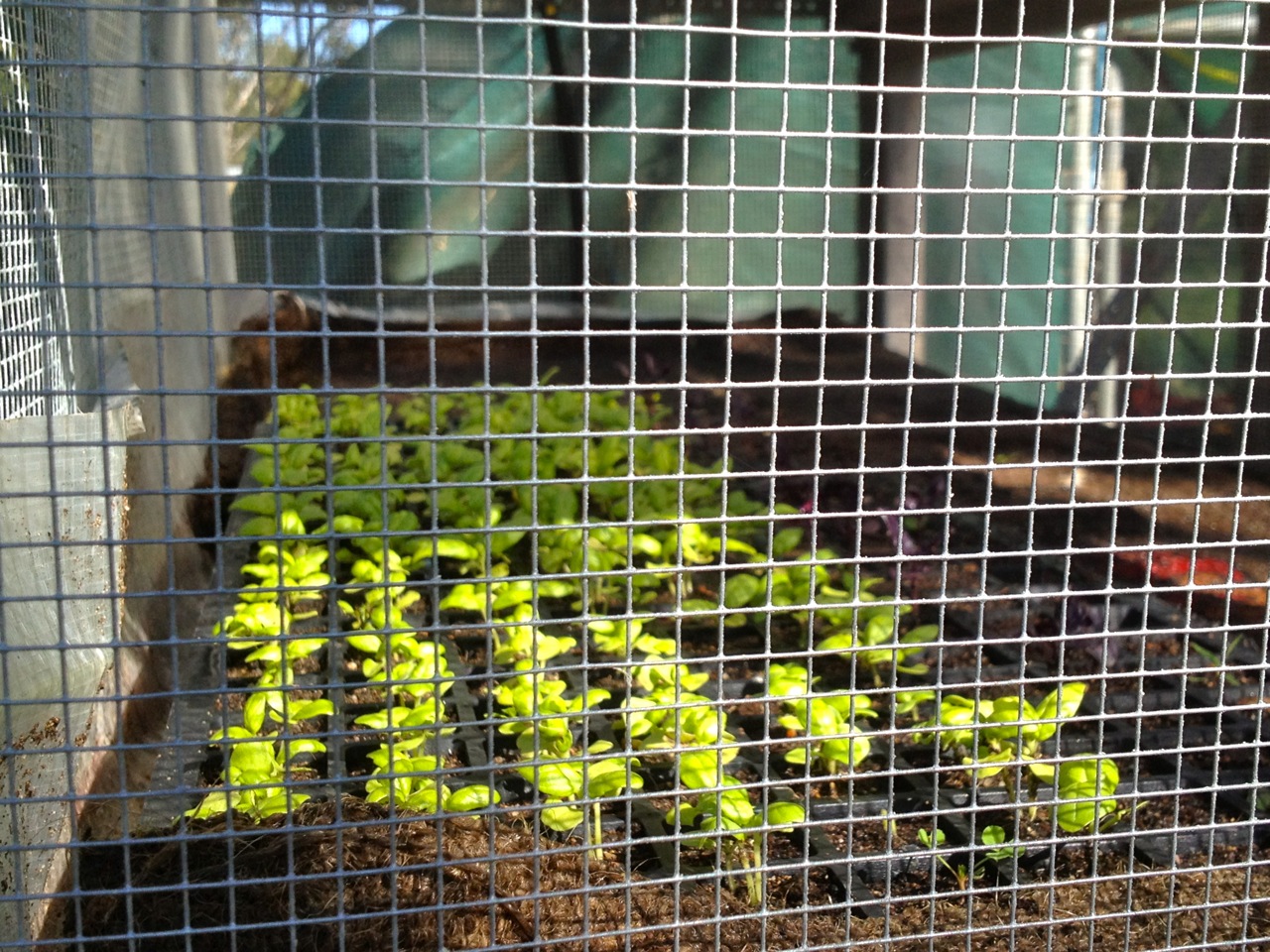
Credit: www.milkwood.net
How Smart Pets Lover Can Help You with Prevent Rodents From Eating Garden
Learning Through Experience: Protecting Your Garden and Growing Knowledge
Watching rodents nibble away at your garden can be frustrating, but it also offers a unique chance to deepen your understanding of local wildlife and garden care. By identifying rodent types and securing garden boundaries thoughtfully, you not only protect your plants but also learn about the habits and preferences of these creatures. This knowledge helps you apply natural repellents more effectively and maintain cleanliness that discourages unwanted visitors.
At Smart Pets Lover, we believe every gardening challenge is a chance to connect more meaningfully with nature and responsible pet ownership. Observing how encouraging natural predators impacts rodent activity can be a fascinating practical lesson, blending ecology with your daily routine. For those seeking extra support or advice, reaching out to local gardening or wildlife experts can provide tailored insights.
Remember, every wag, purr, and chirp tells a story—and so does every leaf and flower you nurture. Embrace these moments as part of your ongoing journey toward a healthier, rodent-free garden.
Frequently Asked Questions
How Can I Naturally Repel Rodents From My Garden?
Planting mint, lavender, or garlic can naturally repel rodents. These strong scents discourage them from entering garden areas. Additionally, using peppermint oil sprays on plants works effectively as a natural rodent deterrent.
What Are The Best Barriers To Keep Rodents Out?
Install metal mesh or hardware cloth around garden beds. These barriers prevent rodents from burrowing into soil or accessing plants. Ensure the mesh is buried at least six inches deep for effective protection.
Which Plants Rodents Usually Avoid Eating?
Rodents often avoid plants like daffodils, marigolds, and onions. These plants have strong smells or tastes that rodents dislike. Including these in your garden helps reduce rodent damage naturally.
How Does Garden Cleanliness Affect Rodent Presence?
Keeping your garden clean removes food sources and hiding spots for rodents. Clear fallen fruits, weeds, and debris regularly to discourage rodent habitation. A tidy garden makes it less attractive to pests.
Conclusion
Keeping rodents out of your garden protects your plants and hard work. Use barriers and traps to stop them from reaching your crops. Clean up fallen fruits and keep your garden tidy to avoid attracting pests. Plant strong-smelling herbs to help repel rodents naturally.
Watch your garden often to catch problems early. Small steps make a big difference in keeping rodents away. Stay consistent and patient for the best results. Your garden will stay healthy and grow strong with these simple actions.

